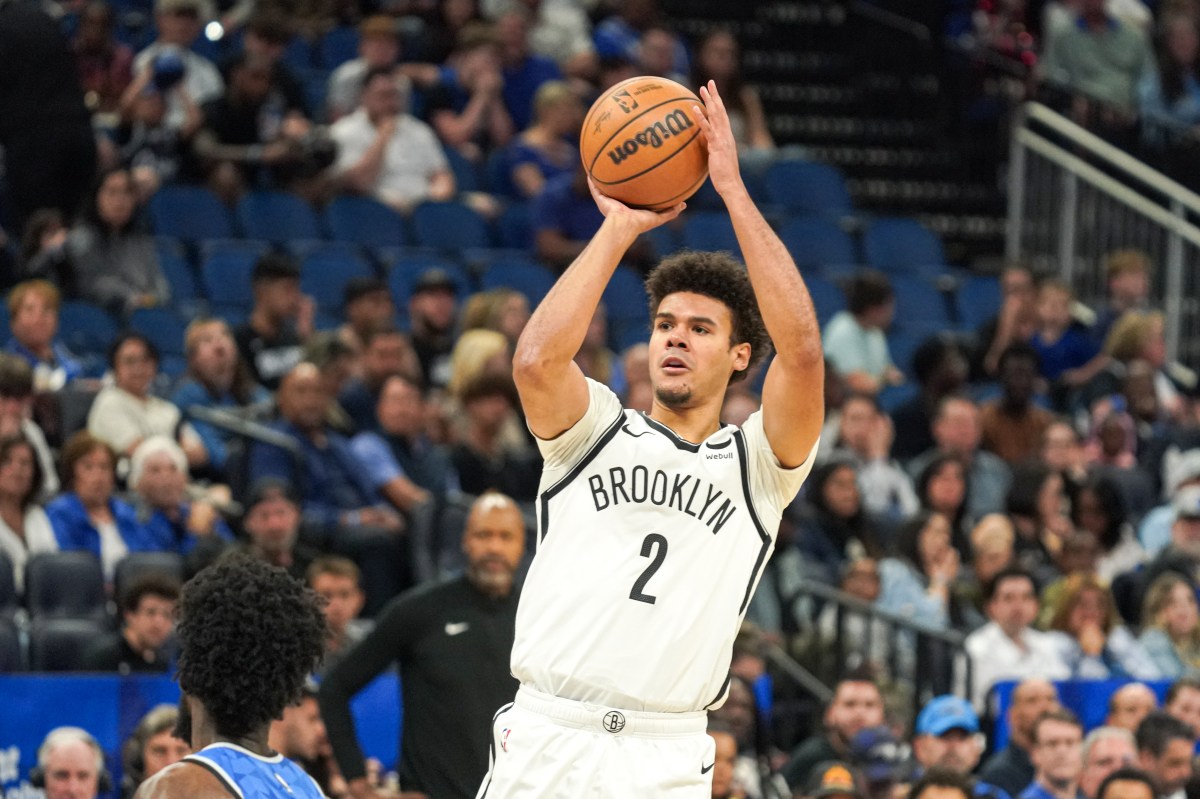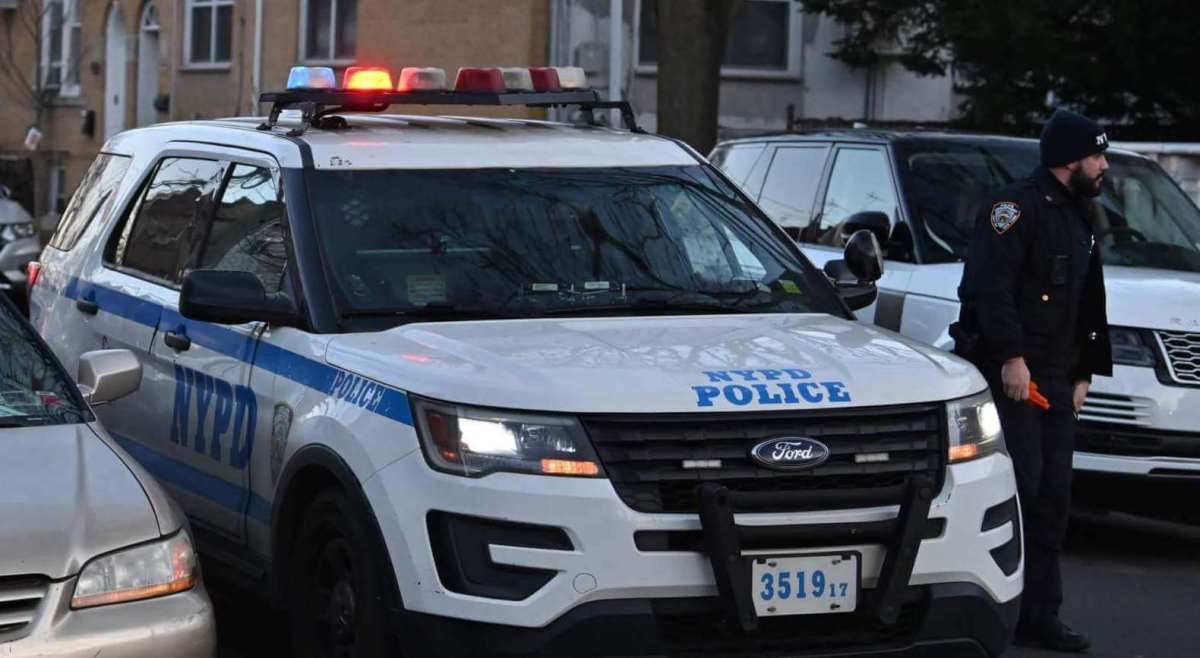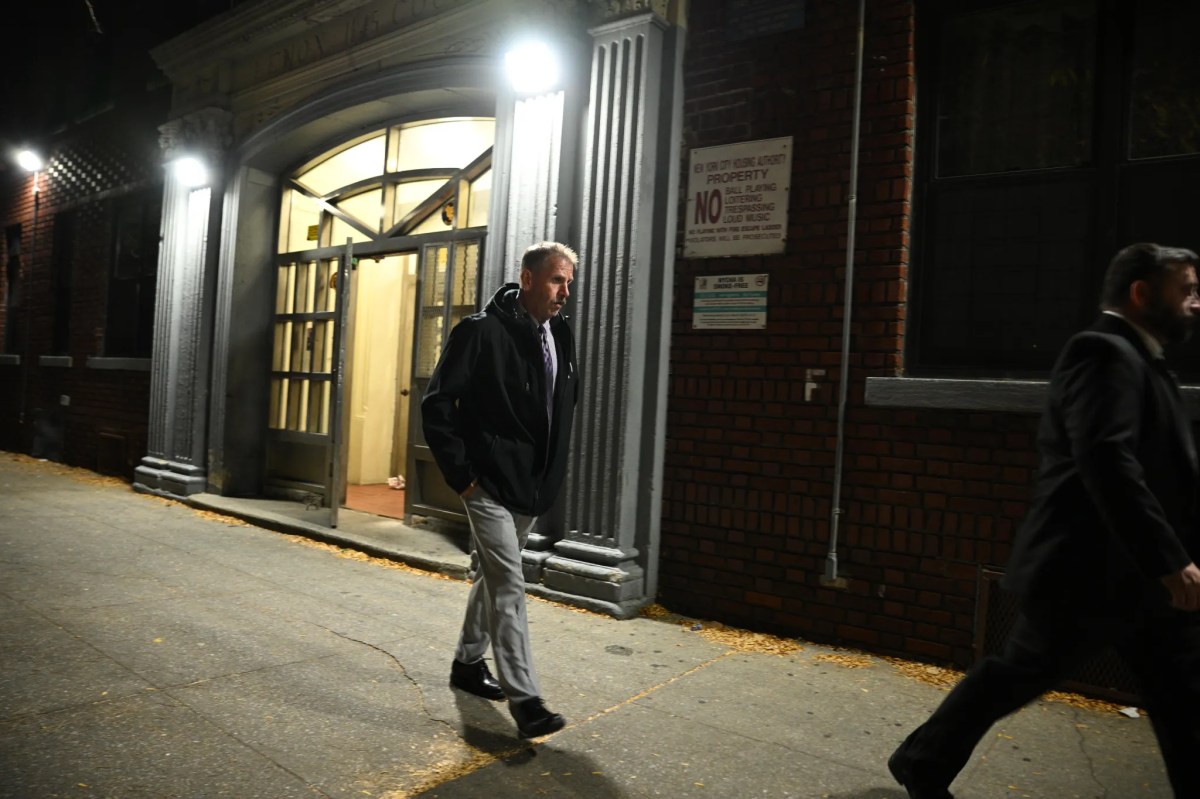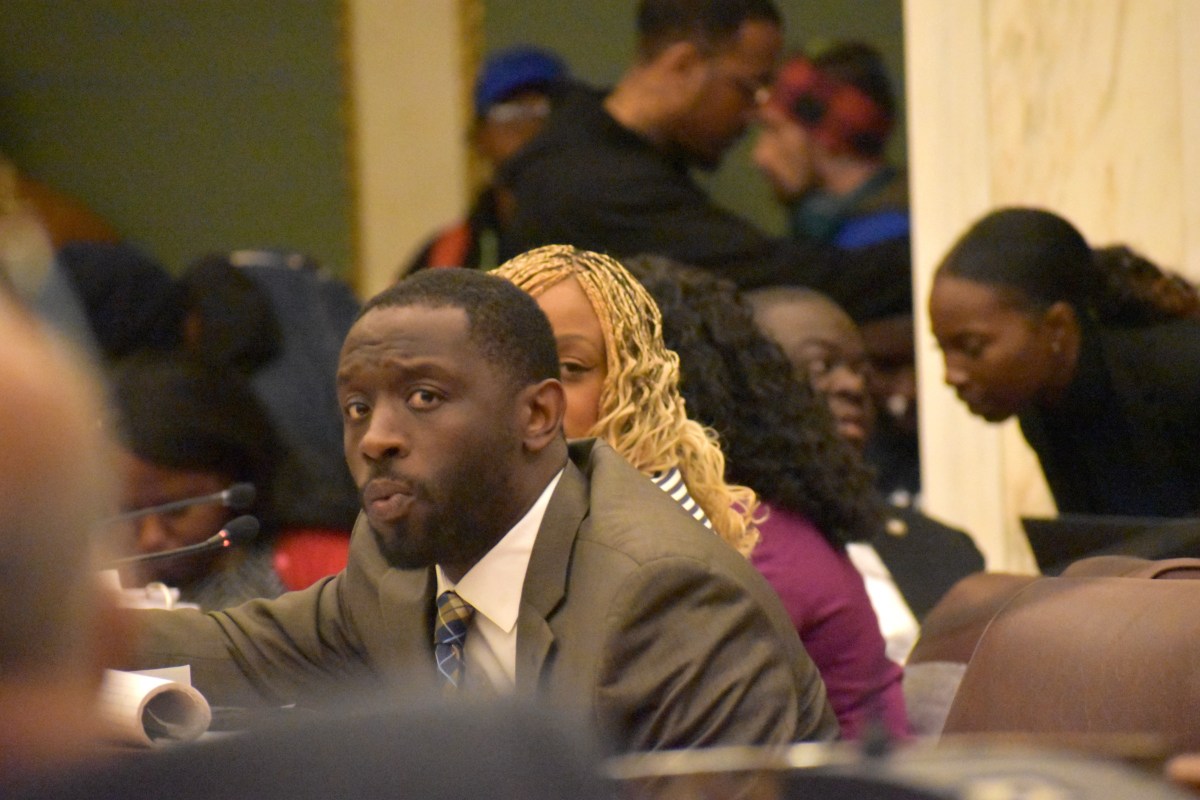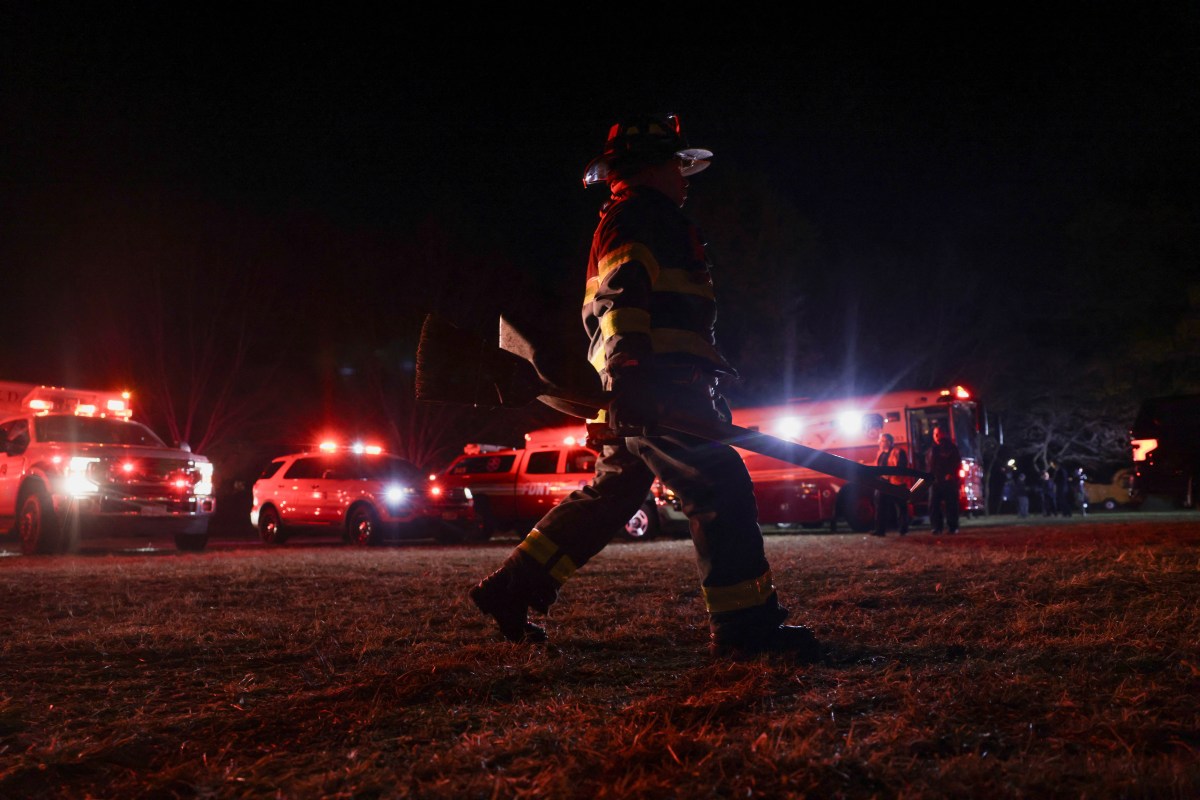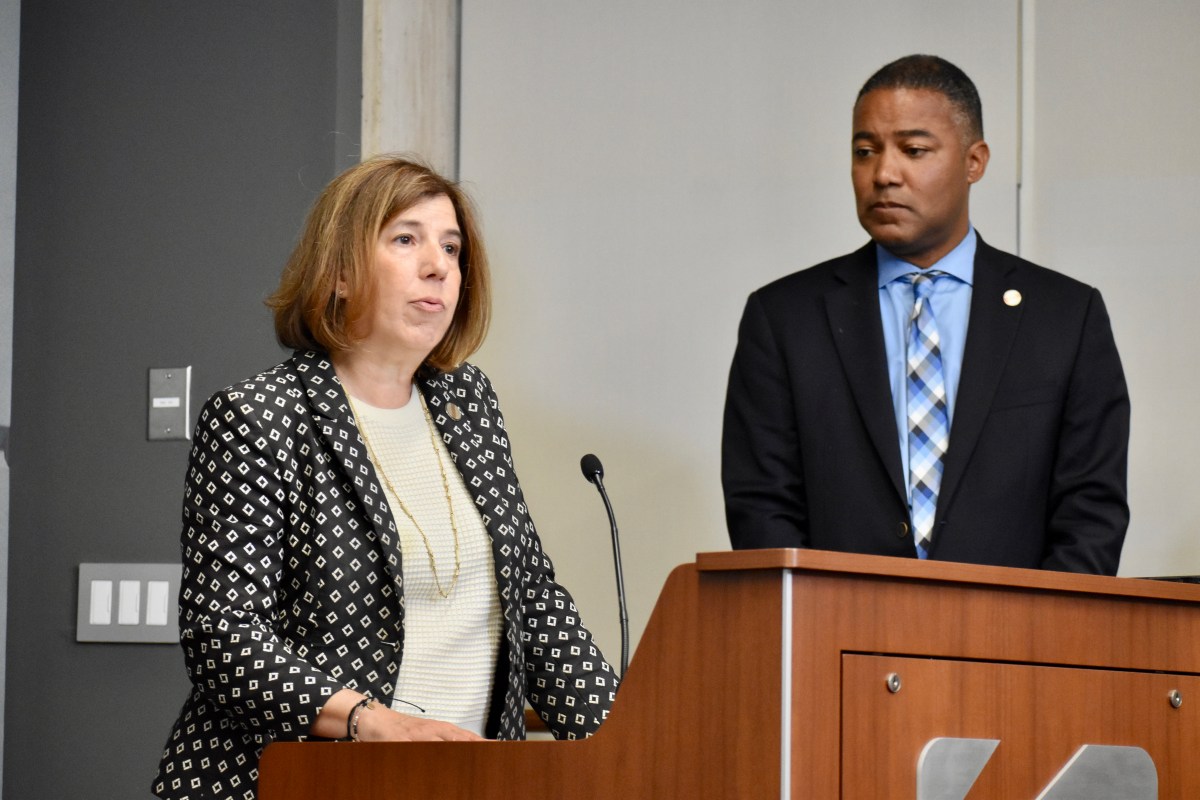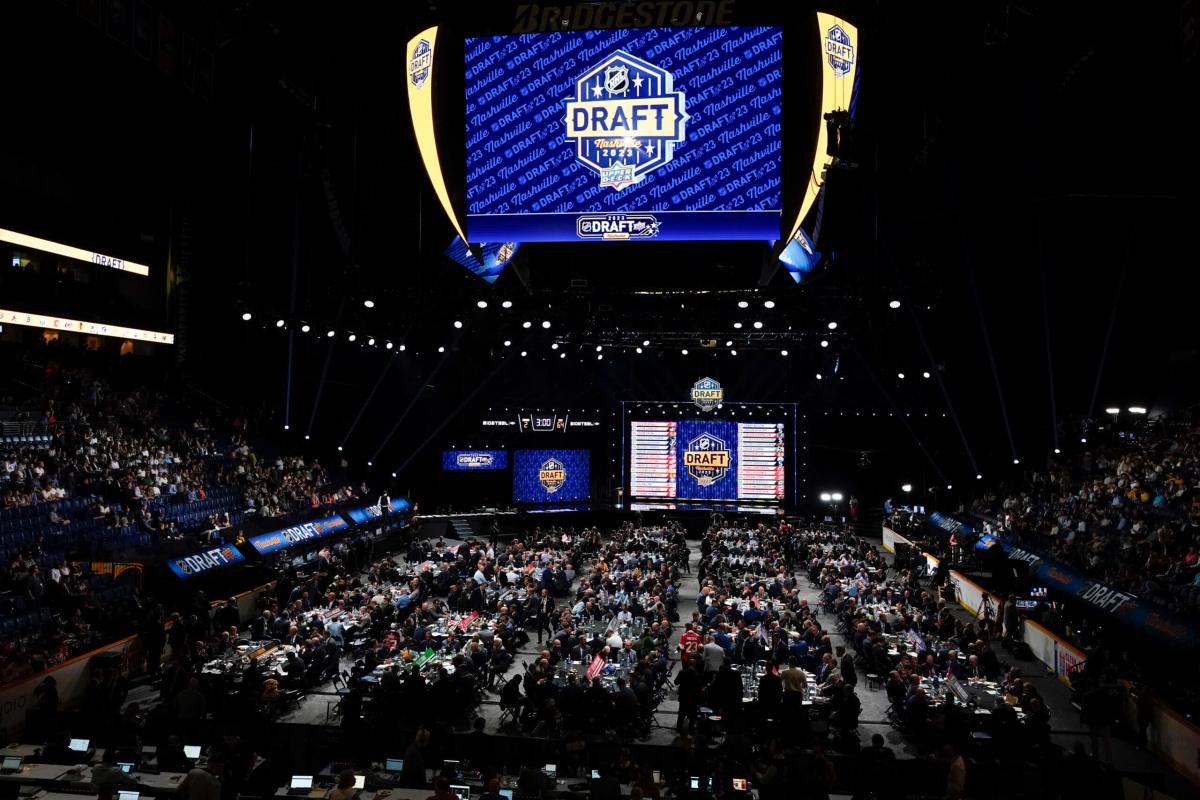BRUSSELS (Reuters) – Russia says it does not want war but has placed a “gun on the table” in its negotiations with the United States by massing troops on Ukraine’s borders, U.S. Ambassador to Moscow John Sullivan said on Friday.
In an online briefing from Moscow, Sullivan described the buildup of tens of thousands of Russian troops as “extraordinary” and said it could not be explained as an ordinary military exercise or exercises.
“It’s the equivalent of if you and I were having a discussion or a negotiation. If I put a gun on the table and say that I come in peace, that’s threatening,” Sullivan told reporters. “And that’s what we see now.”
“We hope that the Russian government is true to its word, and does not plan to, and will not, further invade Ukraine. But the facts suggest that it has the present ability to do that,” he said.
Russian Foreign Minister Sergei https://www.reuters.com/world/europe/we-dont-want-wars-russia-sends-less-hawkish-message-ukraine-2022-01-28Lavrov told Russian radio stations earlier on Friday that Moscow was not seeking war.
Sullivan said Washington was now waiting for Russia’s response to written documents by the United States and NATO sketching a diplomatic path out of the Ukraine crisis, and urged Russia to withdraw troops from near Ukraine’s borders.
He said those documents contained ways to calm the crisis with proposals for greater transparency around military drills in Europe, as well as on Ukrainian arms sales.
“We’ve addressed the possibility of reciprocal transparency measures with the Russian government, including on offensive weapons systems in Ukraine, as well as measures to increase confidence regarding military exercises and manoeuvres in Europe,” Sullivan said.
He said he hoped phone conversations or a physical meeting between American and Russian diplomats could then follow, reiterating that diplomacy was the only way forward.
Sullivan also said economic sanctions on Russia after an invasion of Ukraine would be just one part of the West’s response.
Other measures would include export controls and greater defence of allies in Europe, and the United States would also prevent the Nord Stream 2 natural gas pipeline from Russia to Germany from operating, he said.
(Reporting by Robin Emmott; Editing by Toby Chopra)










